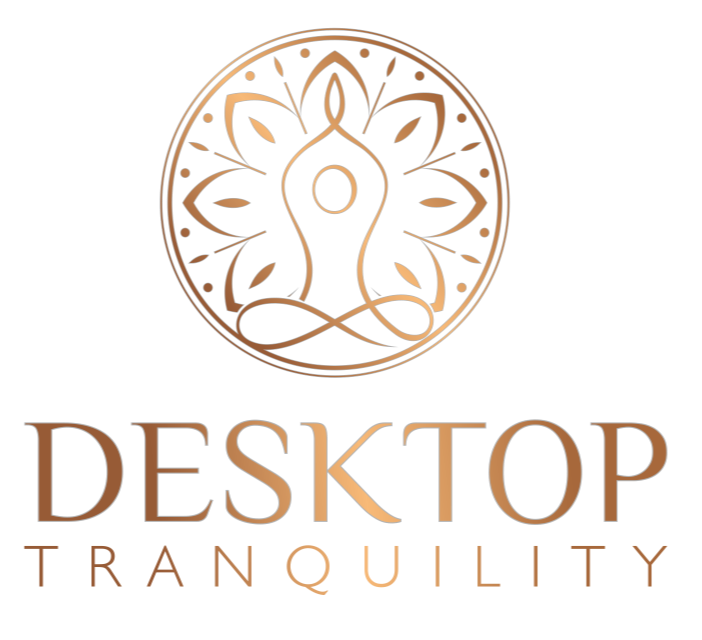Busting the Myth of Multitasking: How to Boost Productivity
Are you someone who prides themselves on their ability to multitask? Do you often find yourself switching between tasks, believing that it makes you more productive? In today's fast-paced world, the concept of multitasking has become increasingly prevalent, with many individuals viewing it as a valuable skill. However, research suggests that multitasking may not be as beneficial as we once thought.
Understanding the Myth of Multitasking
When we attempt to juggle multiple tasks simultaneously, our cognitive abilities are put to the test. The human brain is not designed to switch rapidly between tasks, leading to reduced efficiency and productivity. Instead of enhancing our ability to concentrate, multitasking can actually make us think we're being productive when, in reality, we're not working as effectively as we could be.
The neuroscience of multitasking reveals that our brains aren't wired to handle the constant switching from one task to another. This constant task switching can significantly impact our ability to focus and can result in making more errors. By attempting to do multiple tasks at once, we are compromising the quality of our work and our overall productivity.
Contrary to popular belief, multitasking isn't synonymous with being productive. In fact, research suggests that multitasking can lead to decreased efficiency and productivity. To truly optimize our productivity, it's essential to debunk the myth that multitasking is an effective strategy.
Improving Productivity through Single-Tasking
Instead of trying to juggle multiple tasks simultaneously, embracing single-tasking can significantly enhance your productivity. By dedicating your full attention to one task at a time, you can effectively prioritize your work and produce higher-quality results.
Time blocking is a useful strategy to prioritize tasks wisely. By allocating specific time slots for different tasks, you can devote your full attention to each task without the distraction of switching between them. This approach ensures that you can make significant progress on each task without feeling overwhelmed.
To maximize productivity, it's essential to minimize distractions that can disrupt your workflow. By creating a conducive work environment and implementing strategies to block out interruptions, you can focus on your tasks with greater efficiency and achieve optimal results.
The Impact of Multitasking on Brain Function
Switching between tasks can have detrimental effects on your cognitive abilities. It can lead to mental fatigue and diminish your ability to concentrate effectively. To maintain peak cognitive function, it's important to give your full attention to one task at a time.
Research suggests that our ability to multitask effectively is a myth. To optimize productivity, it's crucial to focus on one task at a time and avoid the temptation to switch tasks frequently. By concentrating fully on each task, you can increase your efficiency and produce higher-quality work.
While some individuals may believe they excel at multitasking, the reality is that our brains aren't designed to handle multiple tasks simultaneously. Trying to juggle numerous tasks can overwhelm the brain's capacity, leading to decreased productivity and increased stress.
Utilizing Technology to Optimize Task Management
Task management apps can be valuable tools in optimizing productivity. By selecting the right app that aligns with your workflow and preferences, you can streamline task organization and enhance efficiency in managing your workload.
To minimize task switching and maximize productivity, implementing strategies such as time blocking and prioritization can be highly beneficial. By structuring your tasks effectively and minimizing distractions, you can optimize your workflow and achieve better outcomes.
Effective time management is essential for enhancing productivity. By allocating specific time slots for different tasks and establishing clear priorities, you can make significant progress and accomplish your goals more efficiently.
Collaboration and Task Management in Team Environments
In team environments, effective collaboration is crucial for maximizing productivity. By fostering open communication, sharing responsibilities, and leveraging each team member's strengths, you can enhance task efficiency and achieve collective success.
Collaborative task management allows team members to streamline workflows, allocate resources effectively, and achieve shared objectives efficiently. By promoting a culture of collaboration and mutual support, teams can enhance their productivity and achieve superior results.
To minimize interruptions and distractions in team environments, implementing strategies such as setting designated communication times, creating focused work periods, and utilizing tools to manage notifications can significantly boost productivity and facilitate seamless collaboration.
Final Thoughts
Multitasking may seem like an efficient way to get more tasks done, but in reality, it can actually hinder productivity. When we try to do multiple tasks at once, our attention is divided, leading to lower quality work and higher levels of stress. It is important to prioritize tasks and focus on one thing at a time in order to boost productivity.
By focusing on one task at a time, we are able to give our full attention and energy to that task, leading to better results in a shorter amount of time. This focused approach allows us to work more efficiently and effectively, ultimately saving time in the long run. While it may be tempting to try and juggle multiple tasks at once, the benefits of concentrating on one task at a time far outweigh the perceived advantages of multitasking.

